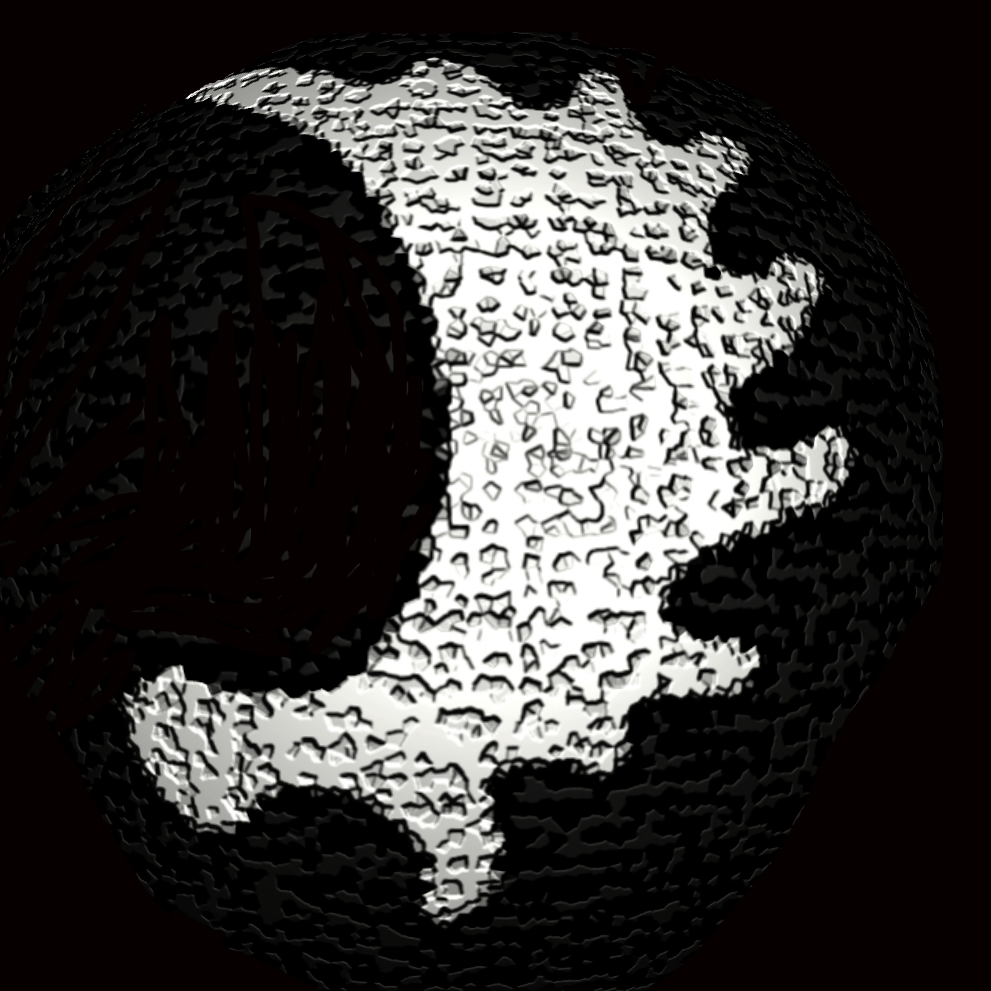
General Yorck and his Prussian troops had been compelled to augment Napoleon’s Grande Armée during the ill-fated invasion of Russia in 1812. This kind of cooperation was mandated by the Treaty of Tilsit, signed five years earlier after Napoleon defeated Prussia and all of Germany was under French control. General Yorck and German patriots everywhere were waiting ever since for the right moment to fight for their freedom. When Napoleon’s army retreated from Russia, General Yorck on his own initiative seized the opportunity.

It was a moment in time to change the course of history. What he did was quite daring…he took it upon himself to defy Napoleon and the King of Prussia and allied his army with his opposing Russian enemy. This singular act of courage took advantage of Napoleon’s weakness at the moment and forced the issue of German liberation to the forefront…it activated the sought after crusade of German Liberation against Napoleonic France.
When Yorck’s immediate French superior Marshal MacDonald, retreated before the Russians, Yorck found himself isolated. As a soldier his duty was to break through, but as a Prussian patriot his position was more difficult. He had to judge whether the moment was favorable for starting a war of liberation; and what would his junior staff-officers think about risking their heads for such independent action. Yorck decided to negotiate with Carl von Clausewitz, a patriotic Prussian officer who had already joined Russian service, and with General Hans Karl von Diebitsch, leader of the Russian Army that was opposing him.
The Russian General Diebitsch (who was a German born in Silesia, Prussia) and Yorck (born in Pommerania, Prussia) signed the Convention of Tauroggen Armistice on December 30, 1812, which “neutralized” the Prussian corps without consent of their king. The news was received with the wildest enthusiasm in Prussia, but the Prussian Court dared not yet agree, and an order was dispatched suspending Yorck from his command pending a court-martial. The Russian General Diebitsch refused to let the bearer pass through his lines, protecting General Yorck.
Yorck’s act was nothing less than the turning-point of Prussian history. His veterans formed the nucleus of the forces of East Prussia, and Yorck himself, in public, took the final step by declaring war on Napoleon as the commander of those forces.
Two months later Yorck was finally absolved when the Treaty of Kalisch (28 February 1813) officially put Prussia on the side of the Allies. Prussia re-entered the war, proclaiming a crusade of German Liberation against Napoleonic France.
General Yorck fought in all the major battles and the storming of Paris was his last fight. He was given the title “Graf Yorck von Wartenburg” in 1814. The remainder of his life was spent on his estate of Klein-Öls in Silesia, a gift of the Prussian king.
If you ever find yourself in Berlin on the avenue Unter den Linden, look for the statue by Christian Daniel Rauch, erected in Yorck’s honor in 1855.


Explore images on brand new products at my stores


